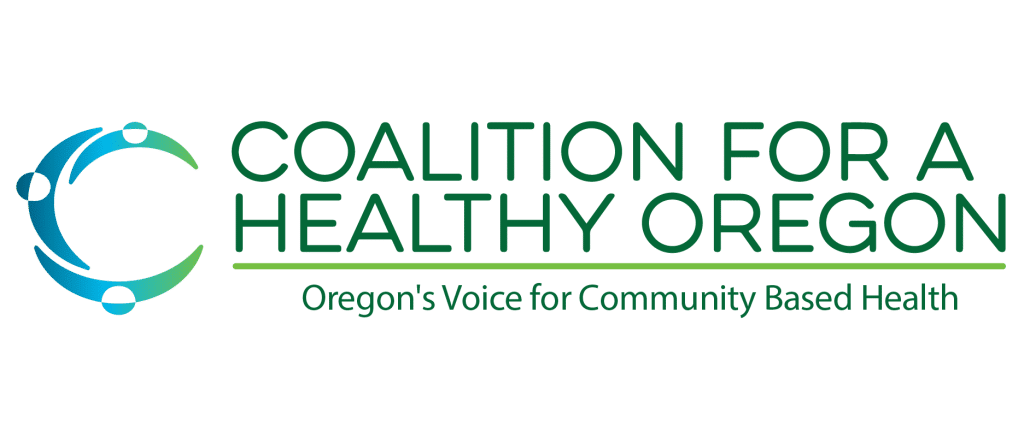Application assisters – Trained individuals who help people apply for and enroll in healthcare coverage, including programs like Medicaid and the Oregon Health Plan (OHP).
Basic Health Program – A federal program that allows states to offer affordable health coverage for low-income residents who do not qualify for Medicaid, providing an alternative to marketplace insurance.
Care Coordination – The organization of patient care activities across multiple providers to ensure effective and safe healthcare delivery.
CMS – The Centers for Medicare & Medicaid Services, a federal agency that oversees Medicare, Medicaid, and other health programs in the United States.
Health Evidence Review Commissionn (HERC) – An Oregon-based commission responsible for developing the “Prioritized List” of health services and providing evidence-based recommendations to guide the state’s healthcare priorities.
Health Related Services – Community Benefit Initiatives – Non-medical services provided by healthcare organizations that address broader community needs to improve population health, often focusing on social determinants of health (SDOH).
Health Related Services – Flexible Services (Flex) – Services offered by CCOs in Oregon to address non-clinical needs, such as housing or transportation, which contribute to better health outcomes.
Healthier Oregon Program – An Oregon initiative aimed at expanding health coverage to low-income individuals, including those who may not qualify for other state or federal programs.
Metrics – Measures used to evaluate the performance and quality of healthcare services, often used to track the effectiveness of programs like the Quality Incentive Program.
Network Adequacy – A measure of whether a healthcare network has a sufficient number of providers and services to meet the needs of its members.
Non-emergent medical transportation (NEMT) – A service that provides transportation to individuals who need to travel to medical appointments but do not require emergency care.
Oregon Health Plan (OHP) – Oregon’s Medicaid program that provides health coverage to low-income residents, including medical, dental, and mental health services.
Prioritized List – A list developed by the Health Evidence Review Commission that ranks medical conditions and treatments, guiding what services are covered under the Oregon Health Plan.
Quality Incentive Program – A program that rewards healthcare providers and organizations for meeting certain quality benchmarks, with the goal of improving care outcomes.
Social Determinants of Health (SDOH) – The conditions in which people are born, grow, live, work, and age that impact health outcomes, such as housing, education, and income.
Supporting Health for All Through Reinvestment (SHARE) – A program in Oregon that encourages healthcare providers and organizations to reinvest savings into community health initiatives to support social determinants of health.
Value-based payments – A healthcare payment model that rewards providers based on the quality and outcomes of care rather than the quantity of services provided.
